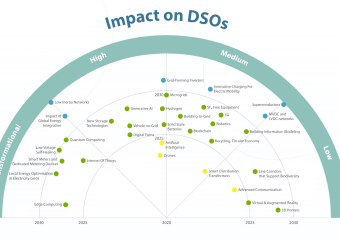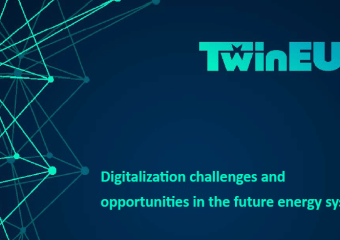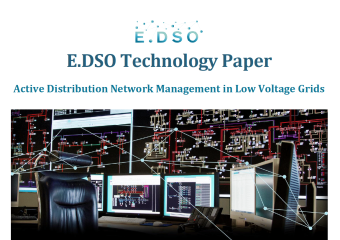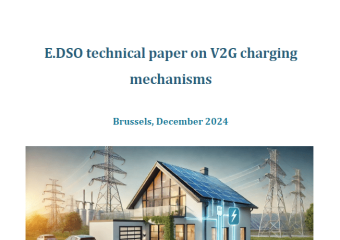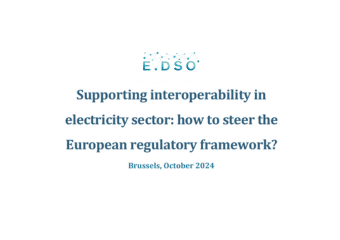State aid for IPCEIs – EDSO response to European Commission consultation
Wide-scale deployment of smart grid solutions at local level (where the majority of renewable energy is connected) is crucial and urgent for local and overall EU grid stability, as well as for the completion of the internal electricity market in Europe. For this reason, key European funding policies for electricity network deployment should not only apply to cross-border projects. This is the message of EDSO’s paper in response to the European Commission’s consultation on a draft Communication on State aid to promote important projects of common European interest (IPCEIs).
The majority of new generation and demand (renewables, storage, electric vehicles etc.) need to be connected at local (distribution) level. Smart grid development at local level, if deployed on a wide scale, is a prerequisite for cost-efficient achievement of the EU’s objectives to 2020 and beyond, has the potential to contribute towards growth and job creation, but is also crucial for the completion of the internal energy market. Large investments are, however, needed now in order to meet the important 2020 deadline. This is widely recognised throughout the EU institutions.
The cost of research, innovation, demonstration, and finally deploying smart grids across Europe is extremely high, yet regulation in many countries poses a barrier to private investment. Public support to smart grid development is important to ease network costs for consumers. The draft communication on State aid to promote important projects of common European interest (IPCEIs) does not reflect the urgent need for smart grid investment since it imposes the same criteria as for the PCIs under the TEN-E, thus excluding the majority of local smart grid projects that will, nonetheless, offer benefits beyond the member states’ borders. The European Commission, by not recognising smart grid development at local level to be in the “common interest” and by not altering the rules for state aid to IPCEIs to reflect this, is hampering the achievement of its own goals.


